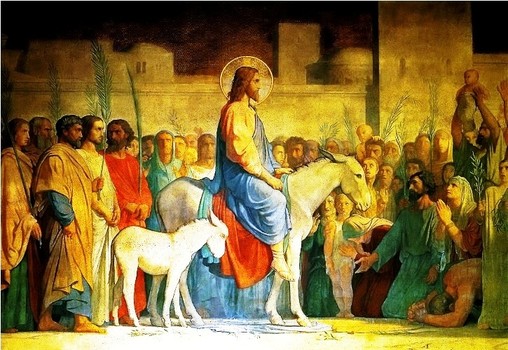Last Sunday’s Gospel reading was the familiar story of Martha and Mary (Luke 10:38-42). As the reading began, I wasn’t expecting to hear anything new. I know this one; I know the words of Jesus; I know the lesson.
But I was blessed to be surprised. I was surprised by the words of Martha. Not because she sounded distressed, or frustrated, or annoyed with her sister. I wasn’t surprised by her resentment or even her logic.
I was surprised by how bold she was with Jesus, how frank, how confident.
Thinking back over the Gospels, there were many people who were quite deferential toward Jesus. They spoke and acted with fitting respect for the masterful teacher and wonder-worker he was. But there were others who were surprisingly informal with Jesus. Perfect strangers approached him – they asked him for things, they touched him, they laid their heaviest burdens on him. Indeed, many who approached Jesus did not just ask; they commanded! Remember Jairus: “My daughter is at the point of death. Come and lay your hands on her” (Mk. 5:23) or Bartimaeus of Jericho: “Let me see again” (Mk. 10:51).
Martha’s command was just as direct: “Tell her to help me.”
Certainly the presence of Jesus made people take notice. There was charisma, authority, even power over the natural world. But apparently he was not intimidating. There was something about his presence that drew people close, unmasking them and inviting frank conversation and bold requests.
Now of course, when we are frank and bold with Jesus, he may be frank and bold with us. Martha may not have liked Jesus’ gentle rebuke. But John’s Gospel tells us that Jesus loved her (Jn. 11:5), and she certainly knew that. There was no need for Martha to hide her heart from Jesus. The honesty, the unmasking, is what allowed Jesus to penetrate that heart, to love it and transform it. This is the power of honest prayer, the sacred dynamic of frank conversation.




